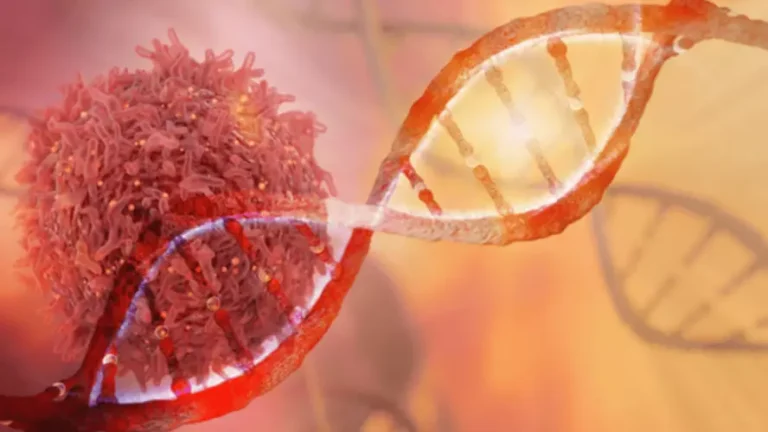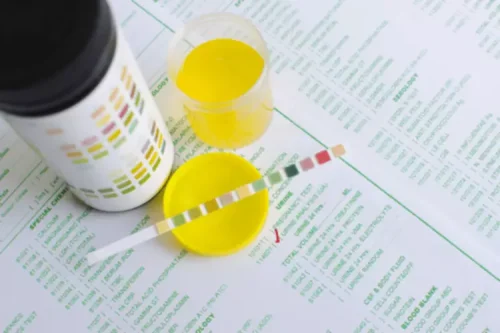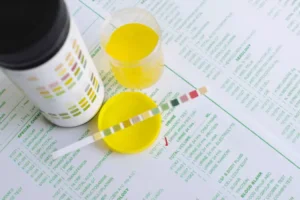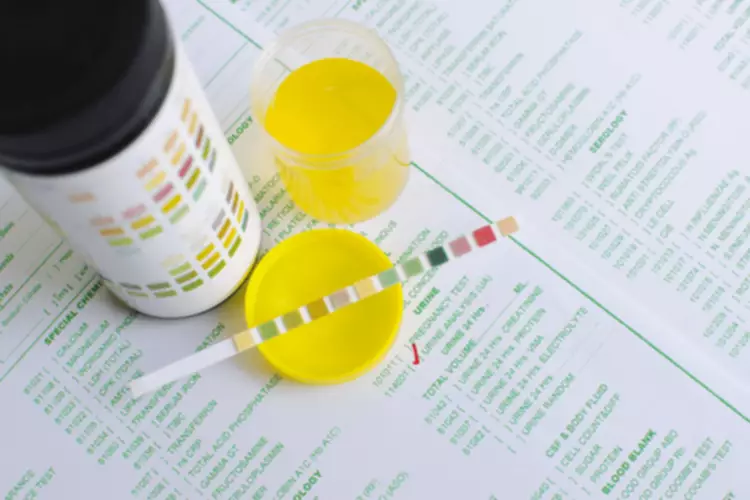
Sunshine Behavioral Health strives to help people who are facing substance abuse, addiction, mental health disorders, or a combination of these conditions. It does this by providing compassionate care and evidence-based content that addresses health, treatment, and recovery. Cirrhosis of the liverOur liver filters out harmful substances, cleans our blood, stores energy and aids in digestion. Too much alcohol can be toxic to liver cells, causing dehydration and permanent scarring—which ultimately affects the blood flow.
- Alcohol misuse and addiction can have harrowing and hazardous side effects at every phase.
- There is always a chance at any of the stages of alcoholism to find help, hope and healing.
- The physical and mental damage is extensive, and life without medical help becomes almost impossible.
- Different treatment plans and settings are available to provide the continual backing required to maintain prolonged sobriety once you have finished detoxification.
- How much a person’s behavior changes can vary based on how much they are using and their mental state.
- People might move forward, stay in one stage for a while, or even slip back to an earlier stage.
Follow us on social media

Additionally, alcoholics typically drink in order to escape from their reality or from feelings in relation to past-traumas. Because of this, an individual’s addiction to alcohol will progress over time. While every alcoholic will have an individual experience, varying in severity, there are 5 stages of alcoholism. An alcoholic lacks the ability to quit drinking despite many negative consequences and adverse effects it has had on their life.
- After prolonged use of alcohol, your brain adapts to its effects on the body and can develop a physical dependence on it.
- Middle-stage alcoholics might deny their drinking problem or try to hide their alcohol use from others.
- Your health has likely deteriorated to the point of liver damage or even failure.
- If you think a family member or loved one might be showing signs, signals or symptoms of alcoholism, know that it won’t “go away” on its own.
The Stages of Addiction Recovery: A Comprehensive Guide to Long-Term Sobriety
If you can’t drink, you feel on edge and obsess about when you can get your next drink. As you experience these consequences, you might try to cut back or quit. In fact, you might succeed at doing so—but only for a short time until the cycle restarts. Without professional help or a support group, you won’t be able to stop during this stage. We’re hoping to remind you of the sixth stage of alcoholism – recovery from alcoholism.
For Treatment Providers

The effects of alcohol use https://ecosoberhouse.com/ on your body and mind are much more noticeable now, and it starts to interfere with many parts of your life. Even in the early stage, alcohol can start to affect your relationships. You might find that your social activities begin to revolve around drinking.
- While not everyone experiences dangerous symptoms, listening to your body and seeking help if something feels wrong is important.
- The middle stage of alcoholism is when drinking interferes with everyday life.
- Some people struggle with sleep, while others feel emotionally drained.
- This can lead to friction with family members who notice the change in your behaviour.
- Buckhead Behavioral Health can help you overcome alcoholism no matter what stage you are in.

If you think a family member or loved one might be showing signs, signals or symptoms of alcoholism, know that it won’t “go away” on its own. Their brain is changing—and without help, there can be serious long-term consequences. Alcoholism affects both the body and mind, which is why our programme includes therapy and holistic treatments to help Halfway house you address the psychological aspects of alcohol addiction. Individuals with alcohol dependence also have a very high tolerance to it, needing to consume large amounts to feel buzzed. When sober, people with alcohol dependency experience withdrawal symptoms, including nausea, body aches and tremors, sweating, severe agitation, racing heart, and insomnia.
This is especially true depending on the stage of AUD they are in. AUD occurs when you have a physical and psychological dependence on alcohol. Jellinek theorized that the last true stage of AUD is recovery. This is what happens when you enter treatment where 5 stages of alcoholism you can safely detox from alcohol. Another good indicator of early-stage AUD is if you only drink to get drunk, or you try to get drunk as quickly as possible.
- Drinking to cope with emotional pain can easily become a pattern.
- The effects of alcohol use on your body and mind are much more noticeable now, and it starts to interfere with many parts of your life.
- It’s imperative to use the years before educating yourself or a loved one on alcohol.
- Friends and family may notice that you are not taking care of your responsibilities, missing out on work or school, and going through behavioral and emotional changes.
- Also, one of the main characteristics of alcohol dependence is withdrawal.
- Understanding the stages of addiction recovery is crucial for both individuals struggling with substance abuse and their loved ones.

